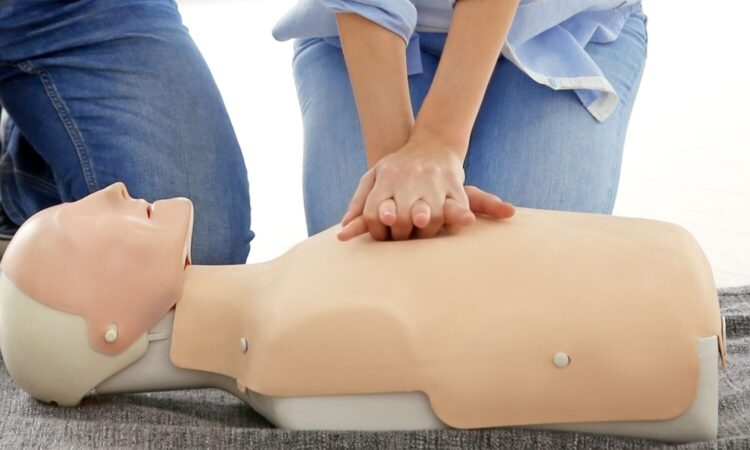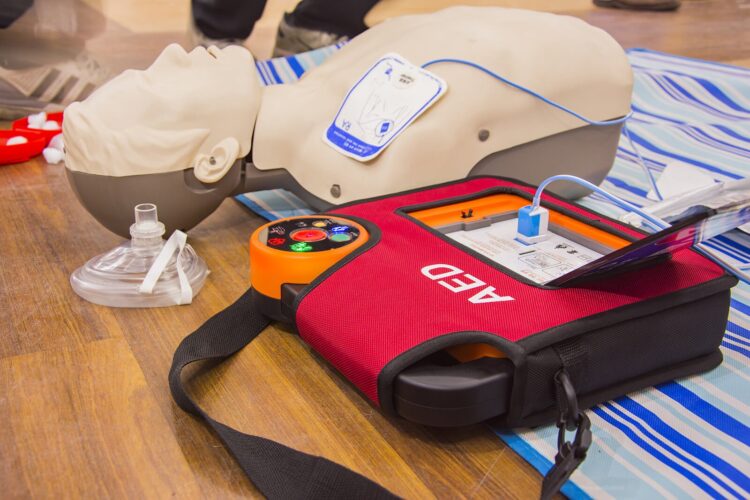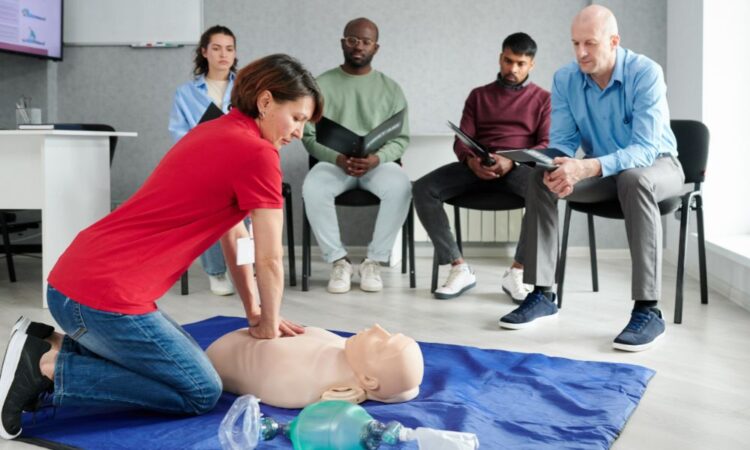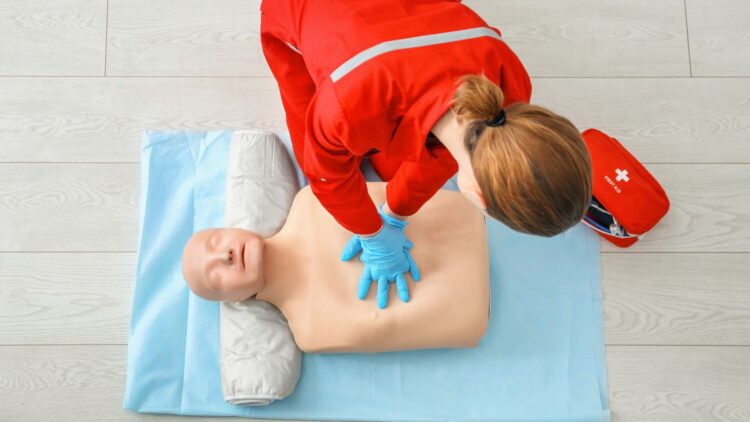Cardiopulmonary Resuscitation (CPR) certification is more than just a document; it’s a responsibility that can save lives. The importance of CPR cert lies in its ability to prepare individuals to act quickly and effectively in the event of a cardiac emergency. This training is crucial for healthcare professionals, but it’s equally important for non-medical individuals, as emergencies can occur anywhere, at any time. The focus of this discussion is on the duration of CPR certification. The validity period of a CPR certificate is a critical aspect that can impact one’s ability to provide care. It’s not just about having the certification but ensuring that it is current and reflects the latest guidelines and techniques. This blog post aims to demystify the duration of CPR cert, explaining why it expires, and highlighting the importance of staying certified and ready to save lives.
Table of Contents
Why CPR Certification Expires
CPR certification expires because the skills and knowledge required to perform CPR effectively are perishable. The reasons behind the expiration of CPR certification are rooted in the need for proficiency and the evolution of medical guidelines. As research progresses, techniques are refined, and protocols are updated to improve survival rates and outcomes for cardiac arrest victims. Therefore, it’s imperative for those certified to be aligned with the most current practices. The expiration of certification serves as a reminder and a mandate for individuals to refresh their skills regularly. This ensures that in a critical moment, a responder’s actions are guided by the latest evidence-based techniques. Moreover, the expiration of CPR cert underscores the commitment to quality care and patient safety, reinforcing the need for continuous learning and improvement in life-saving skills.
Different CPR Certification Types
There are several categories of CPR cert available, each designed to meet the unique requirements of various emergency responders. For instance, MyCPR NOW offers a Basic Life Support (BLS) certification, which is a fundamental course for individuals in healthcare settings, including nurses, paramedics, and those in medical training. This certification covers essential life-saving techniques such as performing chest compressions, providing ventilations, and effectively using an Automated External Defibrillator (AED). Additionally, there is a specialized Pediatric Advanced Life Support (PALS) cert focused on emergency care for infants and children, addressing the unique medical needs and resuscitation techniques for this demographic.
The duration of these certifications is carefully determined to align with the intricacy of the skills and the likelihood of their application. This certificate ensures that their BLS cert, which lays the groundwork for all subsequent resuscitation training, is renewed biennially. This interval is strategically set to facilitate the regular refreshment of essential skills, which may not be utilized daily by every certified individual. Similarly, the ACLS and PALS certifications are valid for two years, supporting a uniform approach to certification renewal that promotes consistency and the integration of the latest advancements in medical protocols.
Basic Life Support (BLS) Cert
The typical duration of BLS certification is two years. This period is strategically set to balance the need for regular updates with the practicality of re-certification. BLS cert is beneficial for a wide range of individuals. Healthcare providers are the most common recipients, but the certification is also highly recommended for police officers, firefighters, lifeguards, and other professionals likely to encounter emergency situations. The two-year interval is a reminder that the ability to perform CPR is not a one-time learning event but a skill that requires practice and updating. During the re-certification process, individuals not only refresh their skills but also learn about any new techniques or changes in guidelines that have emerged since their last certification.
Advanced Cardiac Life Support (ACLS) Certification
ACLS cert typically spans a two-year period as well. This certification is designed for healthcare professionals who are often at the forefront of cardiac care, such as emergency room staff, intensive care units, and cardiac units. The training is comprehensive, covering advanced skills such as managing airways, initiating IVs, reading and interpreting electrocardiograms, and understanding the drugs used in the treatment of cardiovascular emergencies. The two-year duration is crucial for ensuring that these advanced practitioners remain proficient in the latest cardiac life support protocols, which can be subject to significant changes as new research and clinical data become available.
Re-Certification Process
Renewing CPR cert is a straightforward process that reinforces and updates life-saving skills. The re-certification typically involves taking a course that reviews the procedures and introduces any new guidelines. Most providers offer a combination of practical assessments and written tests to ensure that individuals have retained their skills. The importance of re-certification cannot be overstated—it ensures that one’s ability to perform CPR is not just remembered but honed, reflecting the latest standards of care.
CPR Certification Providers
Various organizations and other accredited bodies offer CPR certification. While the core curriculum is similar, there may be slight variations in course content, duration, and the re-certification process. It’s essential to choose a provider recognized by employers and authoritative in the field, ensuring the certification is valid and respected.
Employer Requirements
Employers, especially in the healthcare sector, may have specific requirements for CPR cert. Some may require certification through particular providers or more frequent re-certification. It’s crucial for professionals to understand their employer’s policies to remain compliant and ready to respond to emergencies.
Staying Informed
Staying informed about changes in CPR guidelines is vital. Resources like the AHA website, medical journals, and continuing education courses are valuable for keeping skills up-to-date. Changes can occur rapidly, and staying informed is the best way to ensure one is always prepared.
Conclusion
CPR certification is a dynamic qualification that requires attention and maintenance. The typical two-year duration for certifications like BLS, ACLS, and PALS is designed to ensure that individuals remain competent in life-saving skills and are aware of the latest medical guidelines. Re-certification is not just a formality; it’s a critical component of professional development and personal preparedness. By understanding the importance of certification duration and staying informed, individuals can ensure they are always ready to provide the highest level of care in an emergency. Maintaining current certifications is not just a professional obligation; it’s a moral one, with the potential to save lives.




